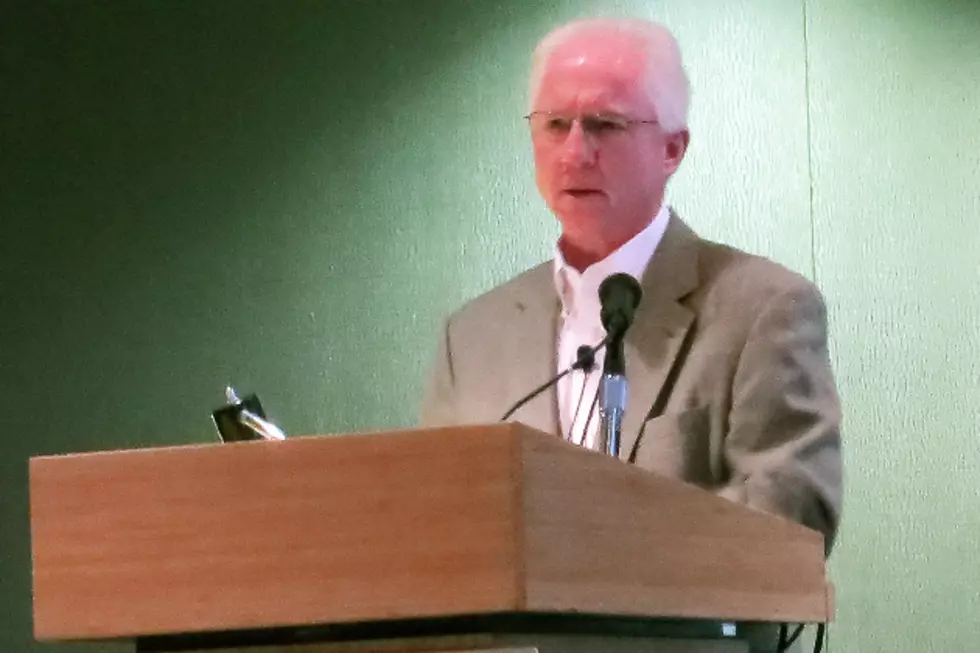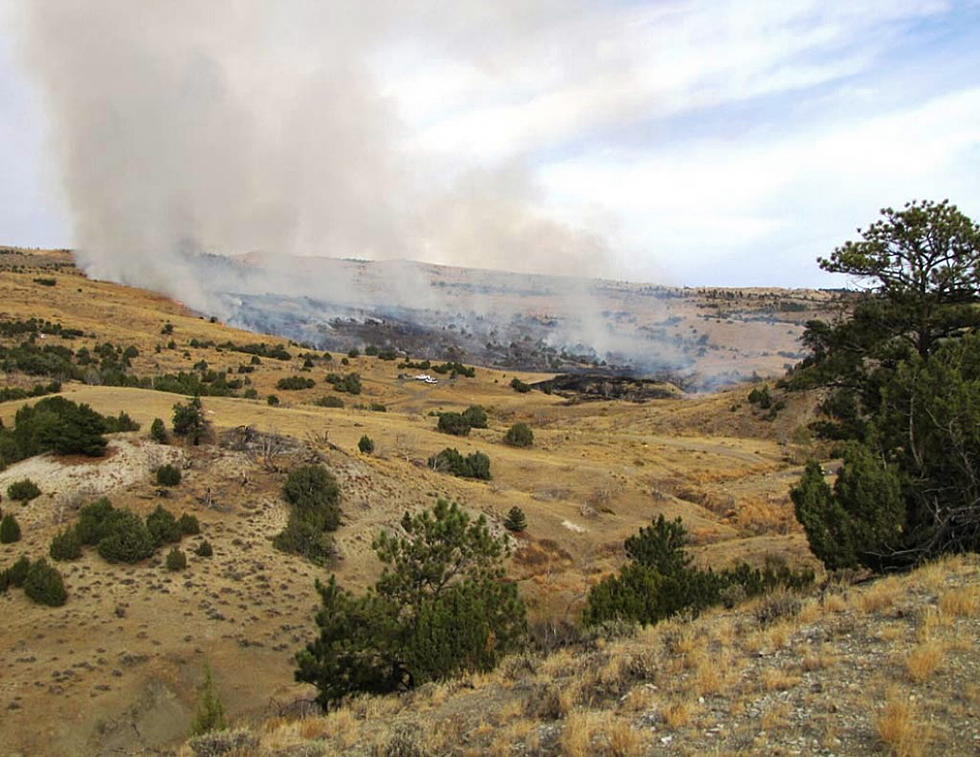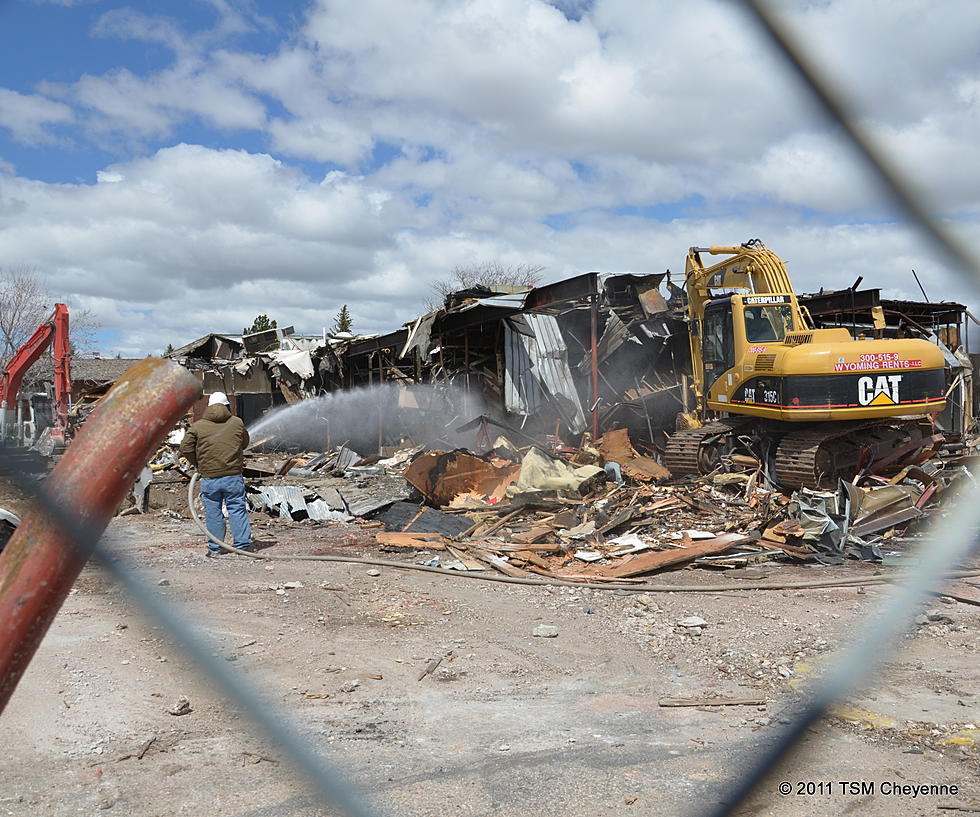
UW Conference Advances Discussion of Potential Carbon Emission Policies
While no federal carbon emission standard exists, limits set by environmental regulators nonetheless pose extreme economic challenges to continued coal-fired electricity generation in the United States and elsewhere. Finding the balance between the cost of meeting those requirements and the impact on rate payers is the focus of energy economists across the globe.
“Are the current de facto carbon standards efficient? Are consumers ready for much higher rates? These are important questions we need to consider, and the answers will have an impact on how power generators do business,” Tim Considine, director of the UW Center for Energy Economics and Public Policy, said at the close of a recent conference.
“Power Generation and Environment: Choices and Economic Trade-offs” brought together leading scholars on the economics of controlling emissions in power generation from across the country and across the globe Oct. 1-2 at Teton Village. They were joined by energy sector executives and others to explore the technology options, costs and policy options that affect how electricity is generated in the United States.
“Coal is important to the economy of Wyoming as well as the economy of the United States,” Considine says. “It’s critical that we examine the best options for using coal in the years to come. If we don’t, we risk seeing it displaced in the energy portfolios of electricity producers, and that can have serious consequences for the industry. Conferences like this one allow that to happen and help us to identify economically sound choices.”
“It’s critical to get as many chances as we can to share our research with industry executives,” says Rob Godby, a professor in the Economics and Finance Department at the UW College of Business and a conference presenter. “We have to learn from them what their experiences are and have been as a reality check on our research, and to understand their concern and where we can assist each other.”
The Center for Energy Economics and Public Policy is one of the centers of excellence at the University of Wyoming, formed to examine emerging issues in a timely fashion. This conference is part of the outreach mission of the UW School of Energy Resources, which includes sharing information about technology and knowledge with Wyoming’s energy stakeholders — academics, professionals, policy makers, landowners and residents.
“I was pleased to be able to take part in the conference,” says Ron Harper, retired CEO and general manager of Basic Electric, which provides electricity to rural electric cooperative customers in Wyoming and eight other states in the region with a diversified portfolio of energy resources. “Understanding the costs to controlling emissions as a result of using fossil fuels, especially carbon, is crucial to the industry.
More From KGAB
![NCAR Grand Opening Next Week [AUDIO]](http://townsquare.media/site/99/files/2012/10/ncar-computer-room-150x150.jpg?w=980&q=75)



![3rd Annual Wyoming Native American Education Conference Next Week [AUDIO]](http://townsquare.media/site/99/files/2012/10/reservation1.jpg?w=980&q=75)




